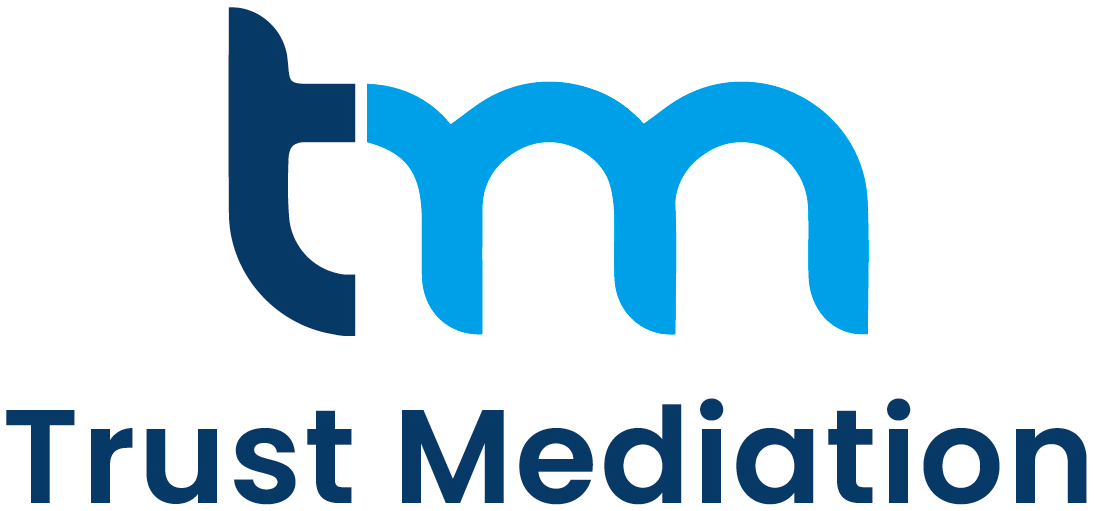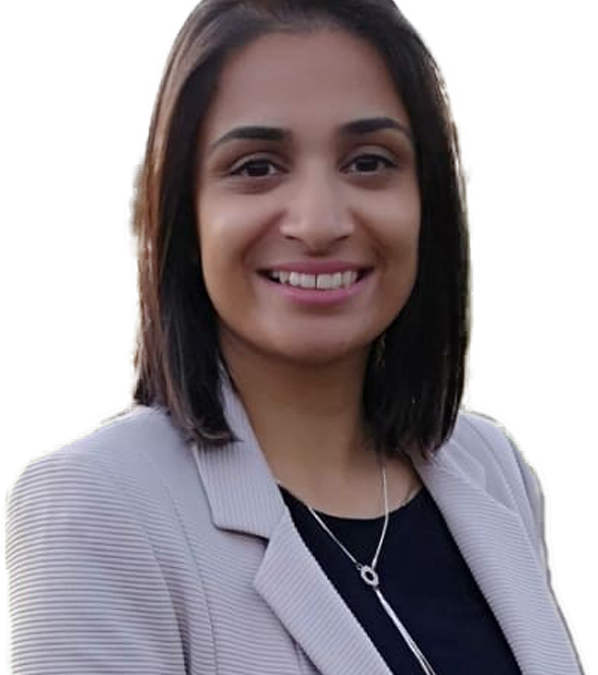Meera Lachani joined Trust Mediation in 2020 and is the youngest qualified Trust Mediation mediator authorised and approved to sit on the selective NHS Resolution Panel. Those that instruct her cite ‘high emotional intelligence’ and an ability to quickly build trusting relationships as her key strengths as a Mediator. In this article, Meera shares more about her route to becoming a Mediator, and her top tips for a successful resolution at a mediation.
“Take the risk or lose the chance”
Meera began her career working with C-suite executives and General Counsel before she qualified with a London high street firm in 2010 and went on to gain a great deal of in-depth claimant experience with top tier firms, including Leigh Day in bringing complex, high profile, group actions and individual cases involving personal injury, clinical negligence and consumer protection.
Seizing the opportunity to travel extensively through, Australia, New Zealand and Asia, after almost 10 years in private practice, she returned with a renewed perspective on what she was looking for in the next chapter of her career.
“I invested in myself and took the risk of self-funding a place on a mediation course. Initially it was not with the intention of becoming a practising Mediator, but it was a way of getting back to basics and to feed my fascination for language, how and why people behave, communicate and make decisions. I learned important and effective communication techniques and understood, how conflict can be unravelled, and I ended up unlearning so many rigid habits that are ingrained in you as a lawyer, in the name of acting in your client’s ‘best interests’. I had seen first-hand the humane impact of high stakes litigation and how very little is achieved by conducting litigation in an entrenched, narrow and court driven manner.”
Not long after finishing the course, Meera decided to practise as a mediator and launched her own mediation business, which saw her designing websites, learning about marketing, tendering, and genuinely enjoying all parts of building her own start up. Her mediator network grew organically and she was quickly able to identify and add to her toolkit of understanding and helping people in conflict resolution. In 2019, Meera took up a position at a Medical Defence Organisation to add “the Defendant perspective” to her experience, which plays an important role in allowing her to credibly challenge both positions with equal merit.
The qualities of a Mediator
Meera chose law because of her interest in studying the interplay between society, culture and rules; a desire to understand sociology from a legal perspective.
“This curiosity has never really left me. Mediations allow parties to put the typical litigation rules of engagement to one side, to allow for creativity and flexibility to reach agreement. I believe that a mediator must be able to:
- quickly build trusting relationships
- connect with every person participating in the mediation, from the claimant to the solicitors and the non-lawyers
- have the confidence to challenge the perspective of others peacefully and constructively”.
The benefits of mediation over other forms of ADR
The format is informal, Claimant centric (largely cathartic) and voluntary. This has a big impact on the tone and approach to the discussions between parties. Claimants are often meeting the opponent for the first time since the accident/incident. This can be extremely powerful as it places the person affected at the very heart of meeting.
Defendants sometimes bring the Patient Safety Lead to clinical negligence mediations, which means the focus isn’t just on the level of compensation to be paid. “I have been in Mediations where there have been progressive discussions directly with the Claimant about their situation prompting change in practice or processes to prevent future harm” explains Meera. “There is a chance for extra-judicial remedies such as first-hand apologies and opportunities for explanations to be given in a safe and non-adversarial setting, all of which can be incredibly empowering for claimants.”
Meera’s top 5 tips for a successful mediation
- Take advantage of the pre-mediation call with the Mediator, be open, about the obstacles. Without that, the Mediator can’t credibly challenge your opponent’s position Remember the process is explicitly, without prejudice.
- Make sure your client is well briefed. If you’re struggling with your client, ask the Mediator to brief them about the Mediation, ahead of time.
- Think constructively about what you can offer, that you haven’t offered already in terms of evidence? What will persuade your opponent’s perspective?
- Mediation is an opportunity to resolve the entire matter. Try and have instructions on Costs at hand.
- Active Listening. Those that Listen well often find the most creative and effective solutions. Invest in your client’s best interests.



